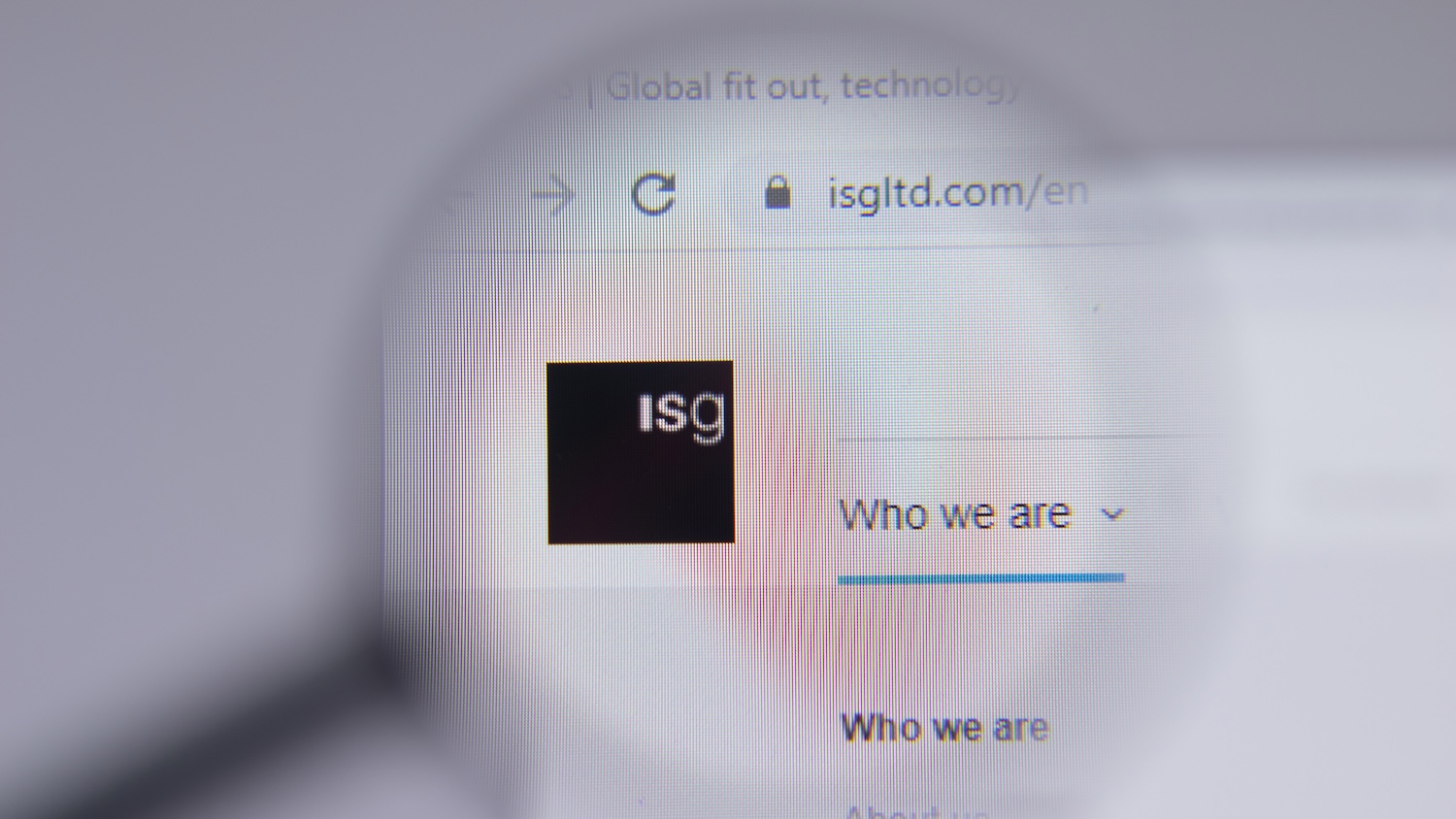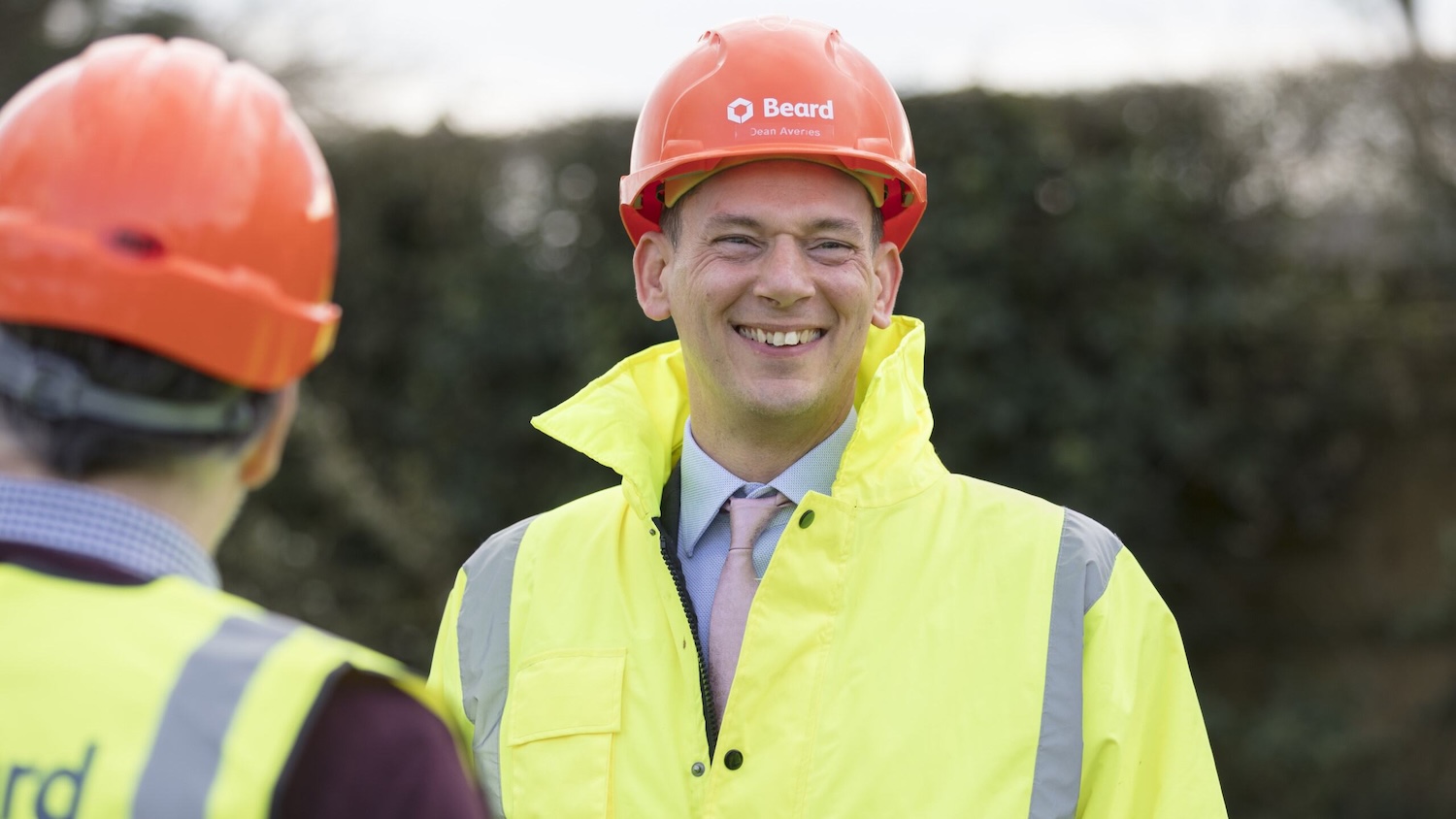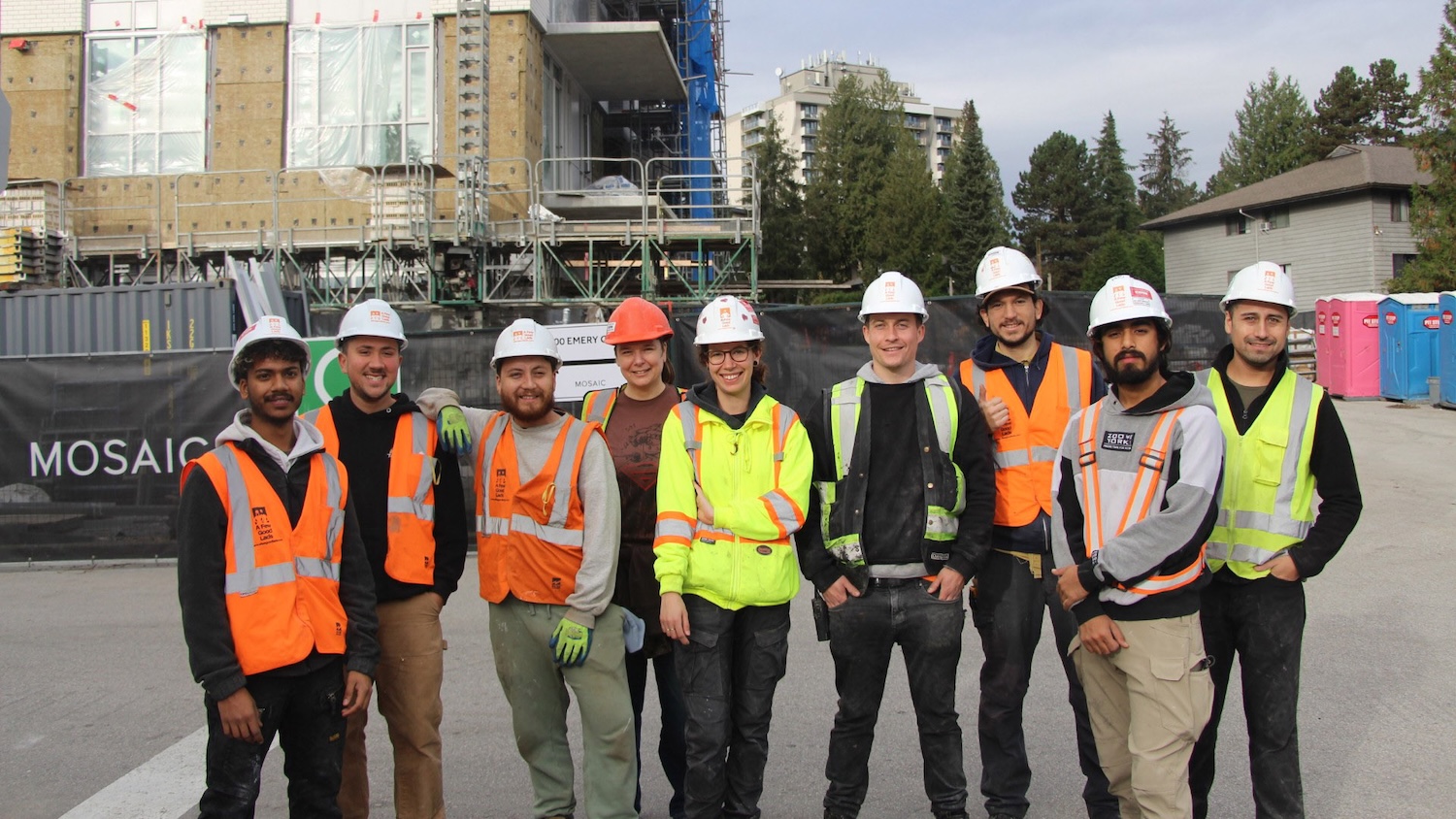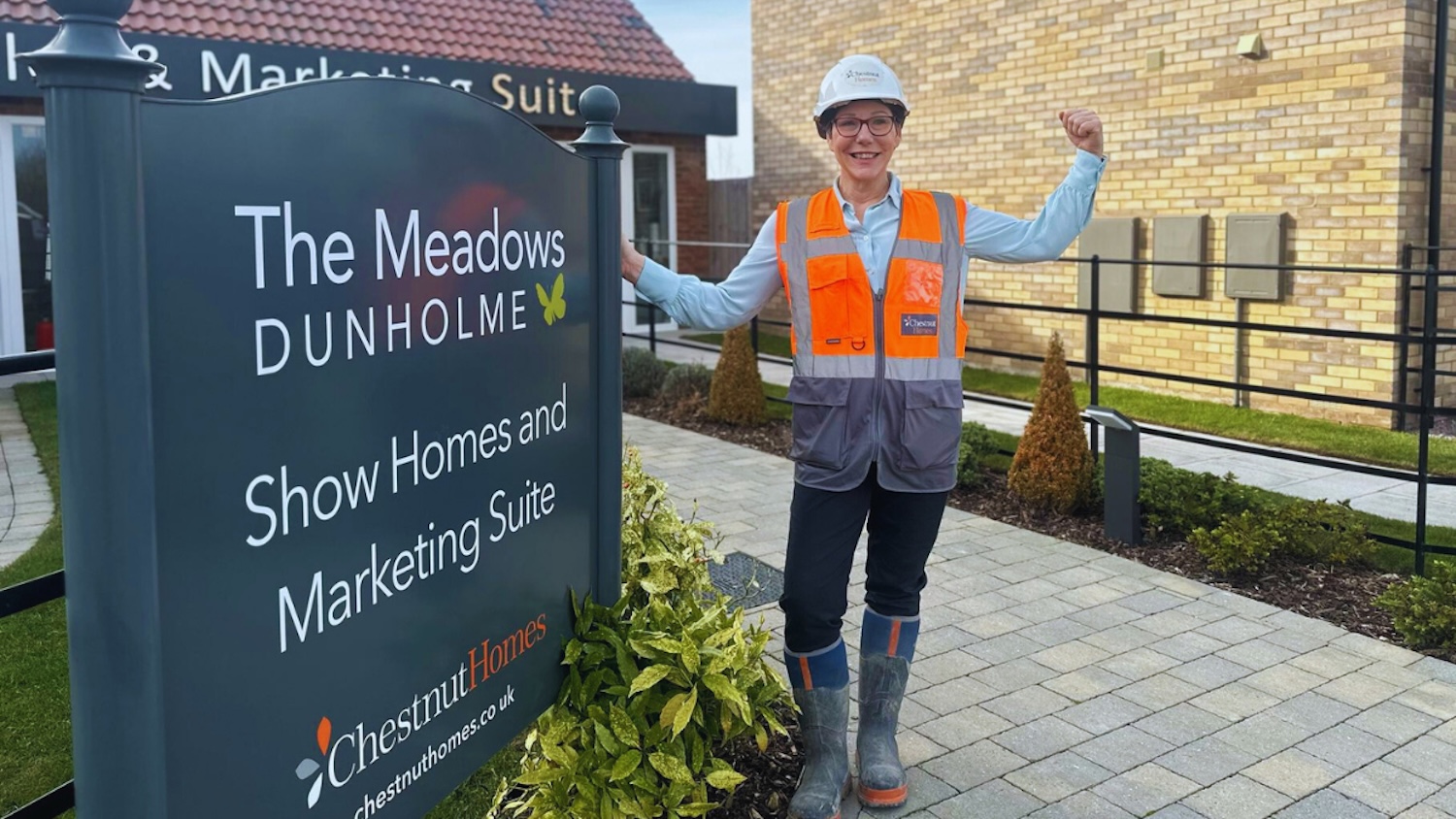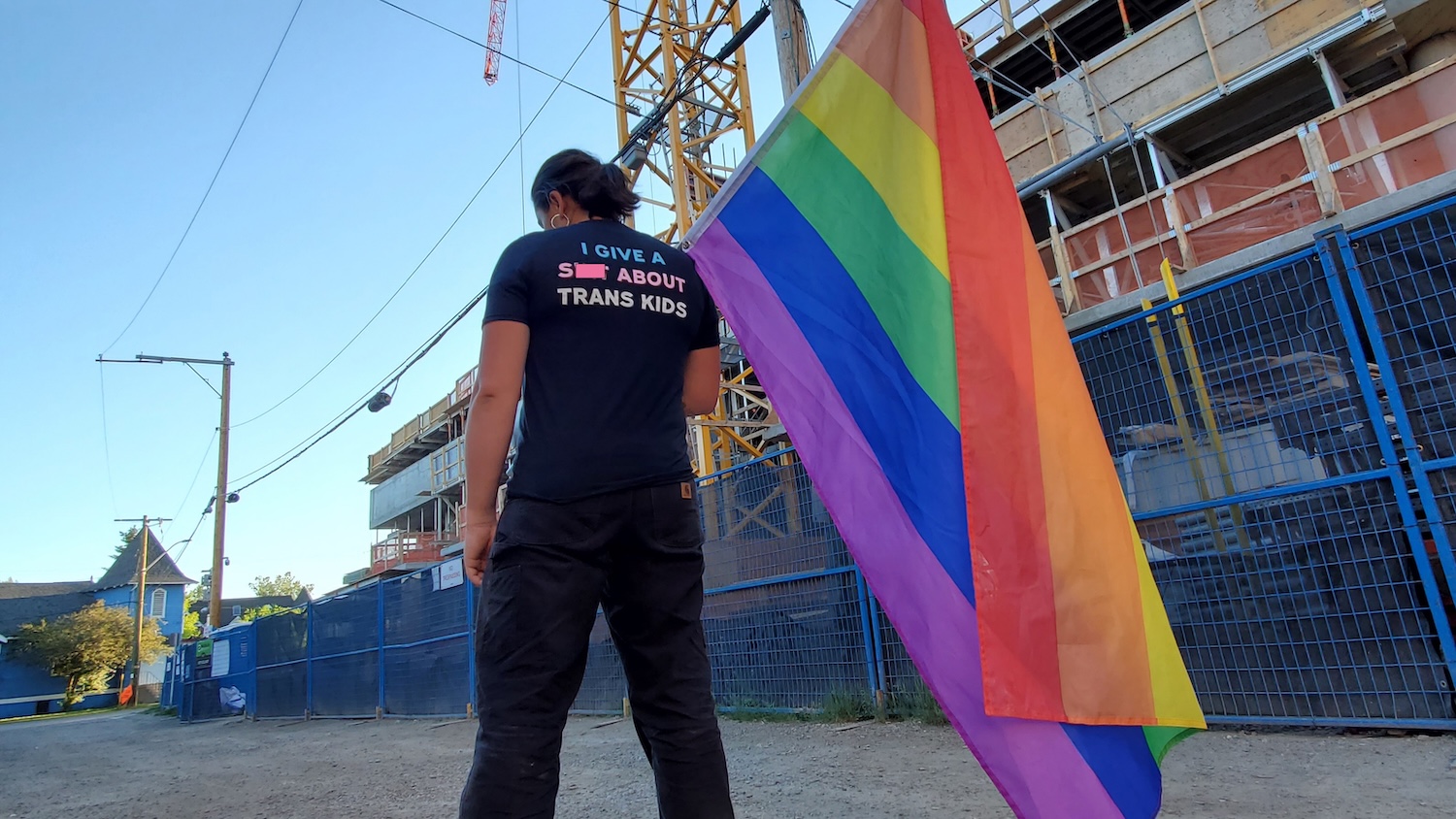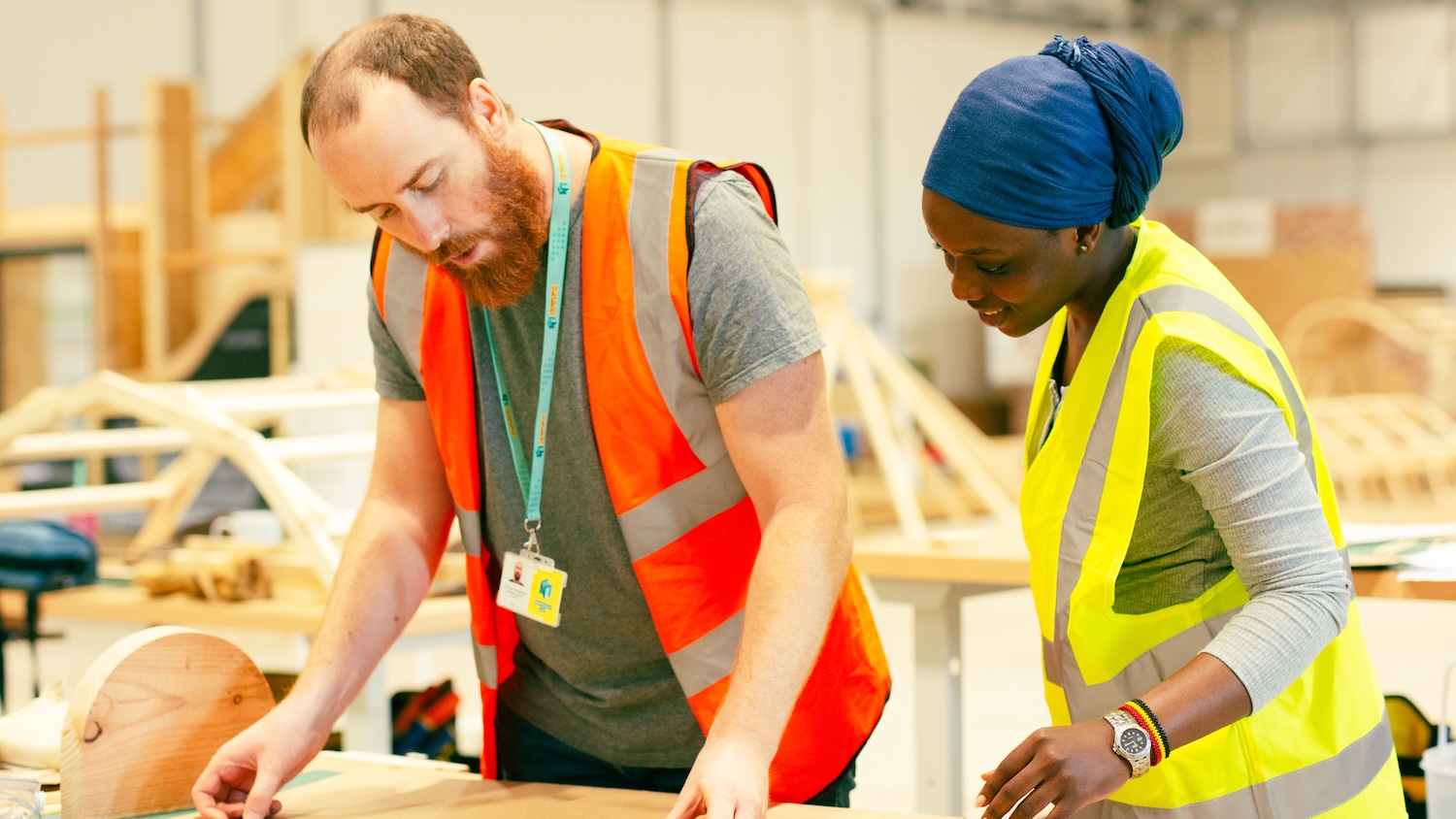
Beyond Pride Month: how are construction firms committing to LGBTQ+ rights?
With many companies claiming to be corporate allies during Pride Month, CIOB People asked tier 1 contractors what they are doing to support LGBTQ+ employees all year round
June marks Pride Month: 30 days dedicated to celebrating LGBTQ+ voices and culture and supporting LGBTQ+ rights.
Its origins date back to 28 June 1970, when the first Pride march was organised in New York City to commemorate the Stonewall riots – a series of clashes between the police and LGBTQ+ protesters which stretched over six days – the year before.
Since then, people around the world, officially or unofficially, celebrate Pride through events – and so do corporations.
However, many of them have been accused of ‘rainbow washing’ or ‘pinkwashing’ – terms coined by LGBTQ+ activists to denounce companies exploiting the use of the rainbow flag or LGBTQ+ marketing only to boost their profits and reputation, but without a real commitment to tackling discrimination.
CIOB People approached several major contractors in the UK to ask what policies and initiatives they have put in place to support LGBTQ+ workers and to allow them to have a say in the company. Here’s what some of them told us.
Mace
In 2021, Mace published its first trans policy to ensure that transgender employees are always treated with dignity and respect and never disadvantaged in the workplace because of their gender identity.
Mace says the trans policy also provides guidance on the recruitment process when considering people who identify as trans or non-binary, as well as how people who are transitioning will be supported in the company.

Five years ago, the contractor launched Pride at Mace, an employee network focused on shaping the LGBT+ and diversity agenda across the company.
The network is run and chaired by staff and is sponsored by a member of the executive board.
Mace claims that the initiative “has gone from strength to strength in numbers” and is having “an incredibly positive” impact on the business.
The network recently hosted a drag bingo fundraiser and will be taking part in the London Pride Parade on 1 July.
Mace also encourages staff to share their pronouns when meeting people, and add them to email signatures and social media profiles, to prevent assumptions being made about a person’s gender based on their appearance or name.
At the beginning of June, Mace unveiled a new installation at its London headquarters to mark Pride Month. The company says that the sculpture is part of an initiative to raise awareness about LGBT+ issues and “inspire conversations about pride and unity”.
Laing O’Rourke
Last year, Laing O’Rourke introduced an equal parenthood policy in the UK and Australia – ‘any gender, any birth, any child’.
It gives all employees, regardless of gender or parenting circumstances, up to a year’s leave with six months on full pay.
This leave is also available for parents who adopt or have a baby via surrogacy.
The contractor also introduced gender identity support when it renewed its UK benefits package this year. Its private medical insurance now includes specialist counselling sessions for staff and any dependents aged 12 and over.
In 2016, the company created an employee network, Laing O’Rourke Pride, which works with organisations such as LGBTQ+ rights charity Stonewall to inform inclusive work practices in the company.
A spokesperson said: “At Laing O’Rourke we’re committed to LGBTQ+ inclusion and believe the power of our experience is greater when all our colleagues can bring their whole selves to work.”
Tarmac
All line managers at Tarmac go through online and in-person inclusion training that includes unconscious bias and the use of inclusive language.
During Pride month, the company introduced a ‘toolbox talk’ aimed at operational staff to showcase LGBTQ+ history and the importance of Pride.
Tarmac has partnered with Racing Pride, Balfour Beatty, Vinci and HS2 to put on two events to celebrate Pride this year – a ‘listen and learn’ webinar for employees celebrating Pride in the motorsport industry and a float at Birmingham Pride.
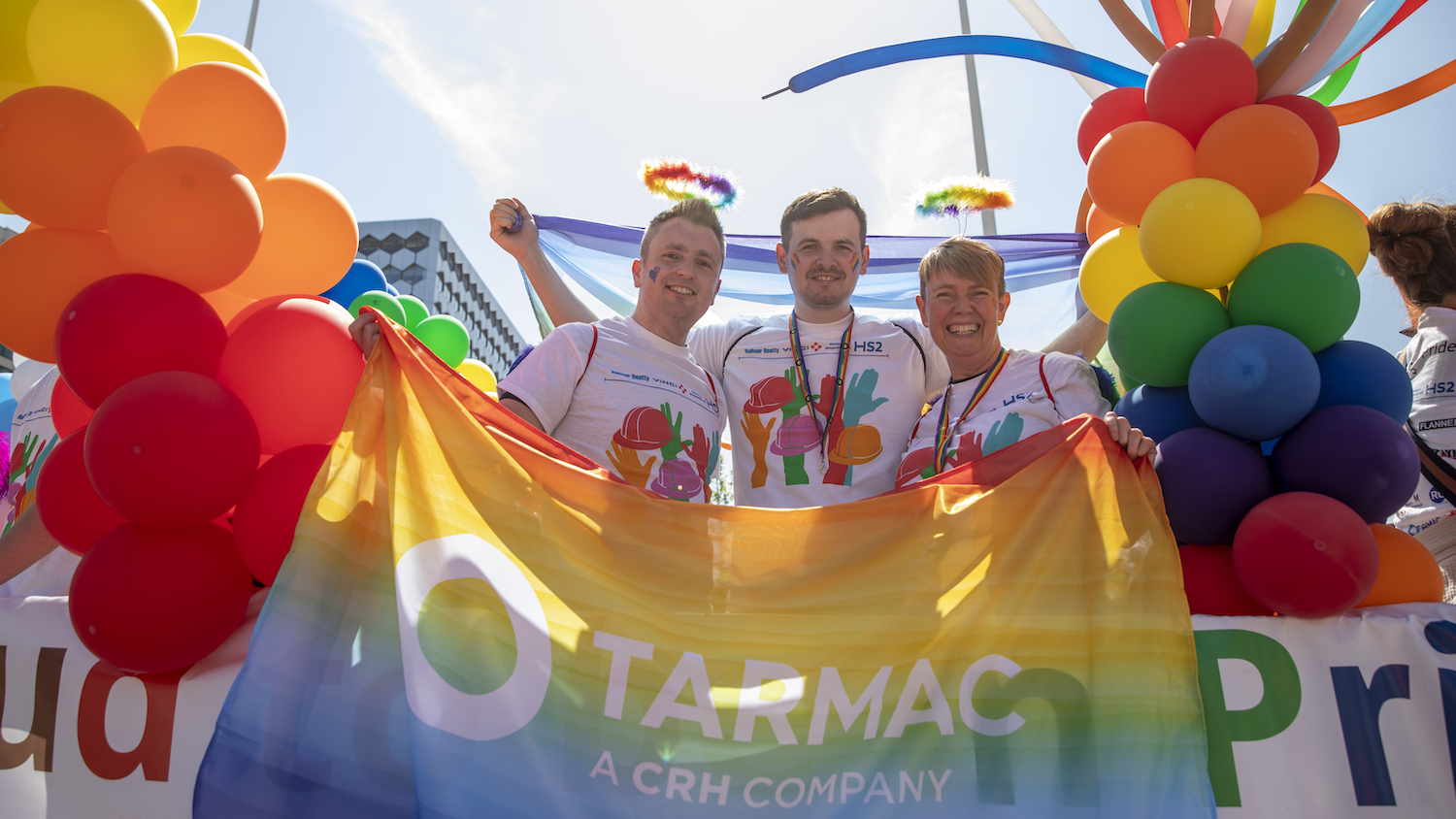
An LGBTQ+ employee network founded in 2021 and chaired by volunteers within the company now has more than 100 members. The network is open to staff who identify as LGBTQ+ and allies.
An additional group was created exclusively for staff who identify as LGBTQ+ but who may prefer to share details about their sexuality or gender identity in a more private setting.
Jordan Eccles, assistant quarry manager at Tarmac’s Dunbar site in Scotland, is one of three chairs of the business’ LGBTQ+ employee network.
He said that being in this role allows him to be visible and educate colleagues on site and through the company’s intranet.
“When I started at Tarmac in January 2022, I felt safe to come out as gay from day one,” Eccles says. “Everyone on site was on board and, to be honest, unphased!
“Since then, any questions about being gay have been largely out of curiosity or educational based – for example, what’s wrong or right to say.
“Many of the team here have kids of a similar age to myself, so I’m in a good position to give a unique perspective on challenges or situations that their children may be facing.
“As a gay person working in an operational role in construction, I want others to know it’s ok. Being gay is ingrained in every part of my life and I’m open about it.”

At Kier, we believe that everyone should be able to bring their whole selves to work and thrive. We are committed to listening and learning
Eccles says he wants to help others feel safe to come out and be themselves.
“To those looking at joining the industry, don’t let your sexuality get in the way of your dreams.
"Having an inclusion and diversity team, like we have at Tarmac, is a green light for inclusion – there is a whole structure designed to support you.”
Kier
Kier claims that it has a longstanding history of supporting LGBTQ+ staff – something it has been able to do through an employee network that has been active for around 10 years.
The company has recently introduced a transitioning policy, as well as a gender expression and gender identity policy.
A campaign launched in Birmingham together with other contractors and the city council earlier in the month, Expect Respect, urged the public to respect road workers – regardless of their gender or sexuality.
Tracey Collins, head of diversity and inclusion at Kier, said: “At Kier, we believe that everyone should be able to bring their whole selves to work and thrive.
“We are committed to listening and learning from lived experiences and research so that we continue our journey to being more diverse and inclusive.”


